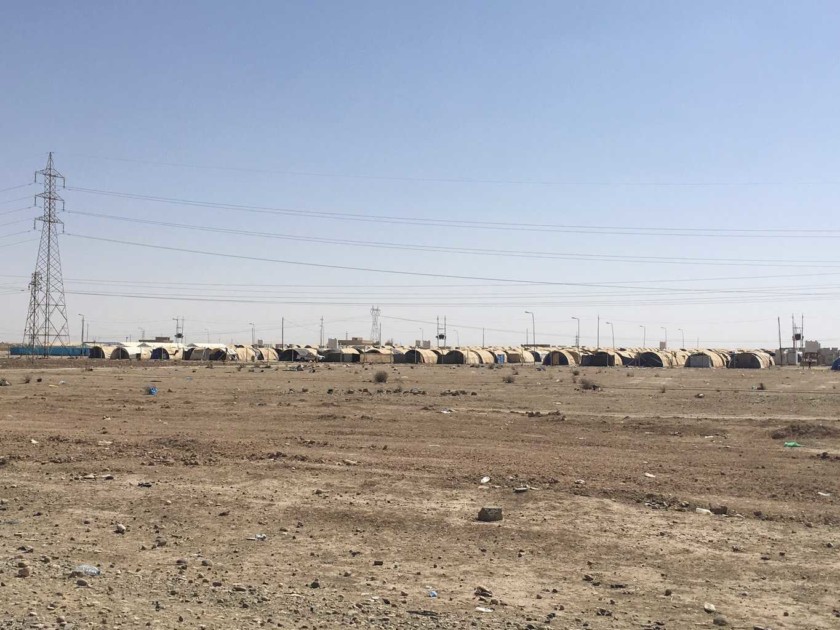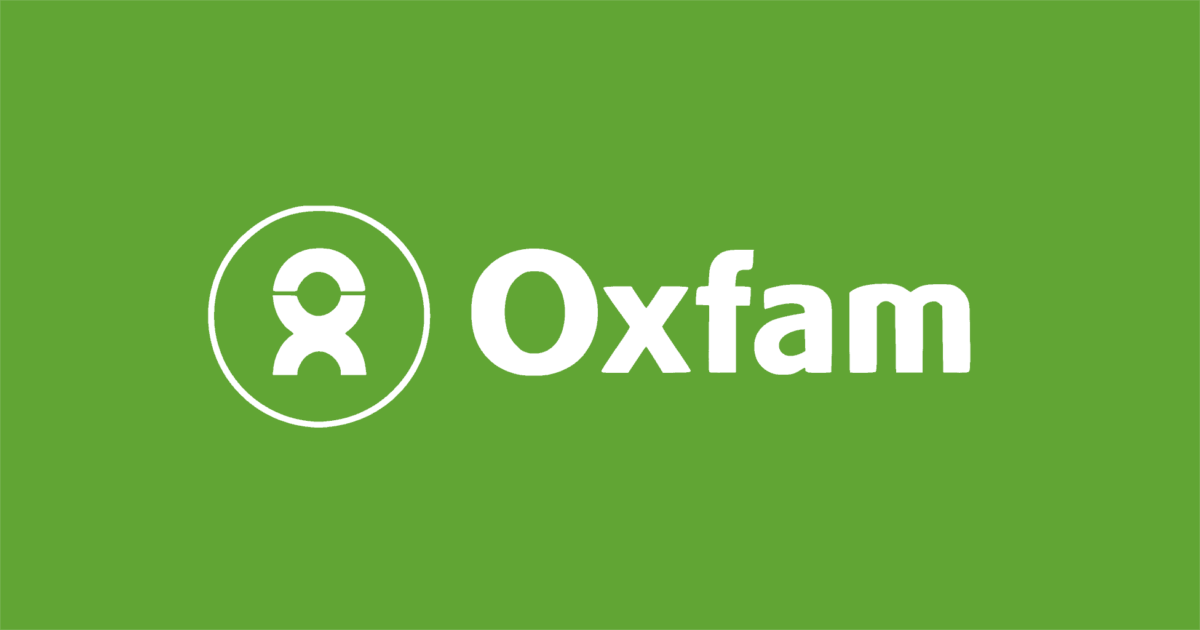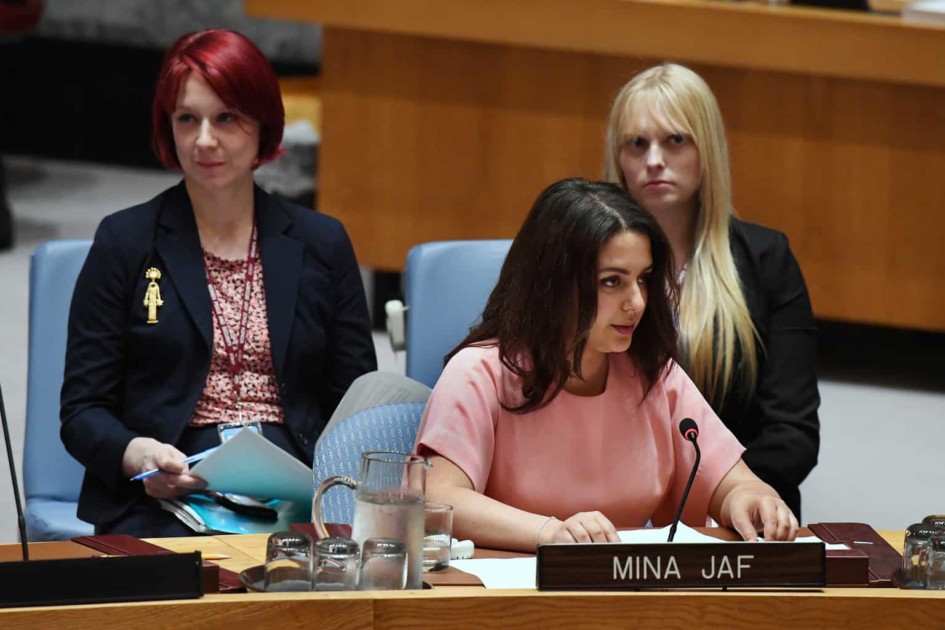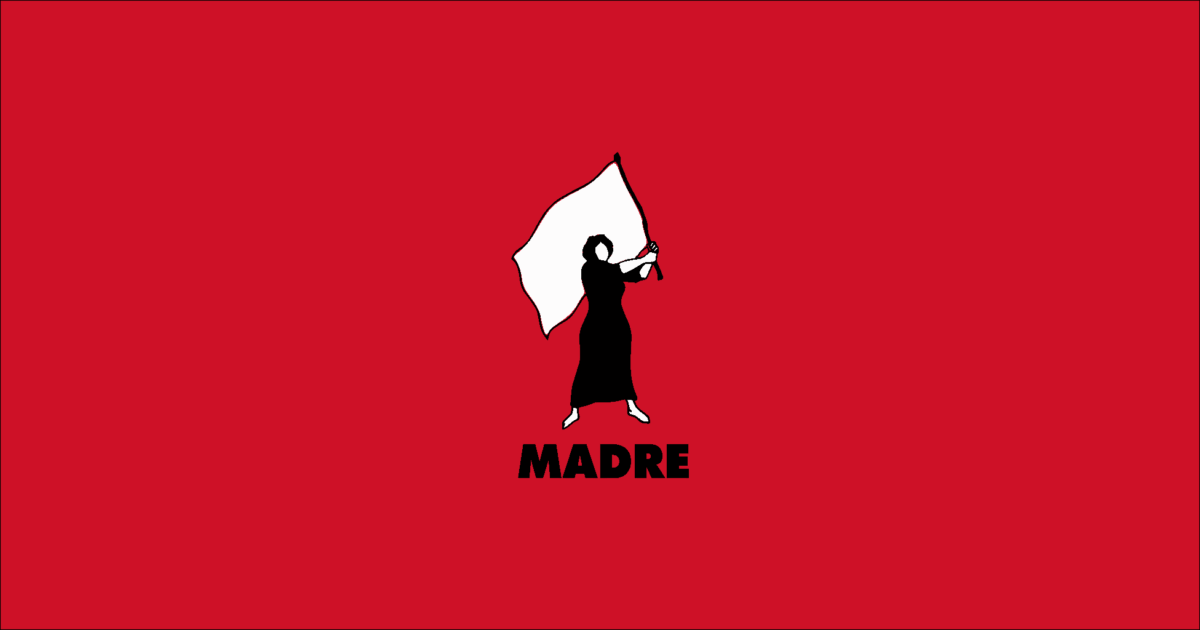Iraq
Iraq
Women are crucial allies to the efforts to eliminate extremism in Iraq. The Islamic State of Iraq and the Levant (ISIL) has contributed to a political landscape in Iraq historically characterized by sectarianism, ineffective judicial systems, high levels of government corruption, and high rates of violence against women, including sexual and gender-based violence. ISIL continues to use sexual and gender-based violence and rape as weapons of war— and targets women, particularly Yazidi women and other non-Shiite minorities, for sexual slavery among fighters.
Iraq acceded to the Convention on the Elimination of all Forms of Discrimination against Women (CEDAW) in 1986, launched the National Strategy on Combating Violence against Women in 2013, and launched its National Action Plan pursuant to Resolution 1325 in 2014. Iraq’s National Action Plan was the first launched in the Middle East. The Ministry of Women’s Affairs in Iraq has also developed a National Strategy for the Advancement of Iraqi Women, but due to the political climate it hasn’t been effectively implemented; similarly, laws banning forced and early marriages are rarely enforced.
Based on the work of NGOWG members and their partners, the NGOWG advocates for the Government of Iraq to clarify their shelter policies, in order to allow and support Iraqi NGOs in their efforts to operate shelters and provide much needed services to survivors of SGBV. Further, the NGOWG urges the Security Council to ensure that the United Nations Assistance Mission for Iraq (UNAMI) is regularly engaging with women’s organizations, and will continue to take concrete steps to support women’s participation in all peace and security processes.
Current and Past Recommendations to the UN Security Council (Monthly Action Points)
In Iraq, political violence and hate speech has placed diverse women human rights defenders and women’s groups at risk of targeted violence and hate campaigns due to their work, including, over the past year, by a rapidly growing anti-gender movement. The NGO Directorate has ordered the suspension of several civil society organizations as well as the freezing of their bank accounts, while the Communications and Media Commission (CMC) issued a directive banning the use of the term “gender” and ordering all media outlets to replace the term “homosexuality” with “sexual deviance”. Council members should express strong support for civil society in order to push back against defamation campaigns targeting them and urge the reversal of the CMC directive. Council members must call for robust legal frameworks criminalizing all forms of gender-based violence, including against lesbian and transgender women and other minorities, the establishment of gender-responsive justice institutions, ensuring access to multi-sectoral, survivor-centered services in order to address widespread impunity, and the government of Iraq to enact the Family Violence Protection Law with a provision that ensures civil society engagement and legally recognizes civil society-run safe homes. Council members should further call on the General Directorate for Survivors Affairs (GDSA), which, as of December 2023, has issued reparations payments to 1,541 survivors covered by the Yazidi Survivors Law, to lift the requirement to file a criminal suit in order to be eligible for reparations, and expand coverage to include children born in captivity to Yazidi parents. Council members should also urge Iraq not to pass a proposed bill that would amend the “Law on Combating Prostitution” to criminalize consensual same-sex intimacy and gender nonconformity, with sentences including the death penalty. The Security Council should establish benchmarks that must be reached before the UN Investigative Team to Promote Accountability for Crimes Committed by Da’esh/ISIL (UNITAD) closes, including the development of a strategy for the prosecution of ISIL crimes both in Iraq and other jurisdictions, supporting Iraq in adopting a legal framework for the survivor-centered prosecution of international crimes, and ensuring UNITAD’s continued support of the Iraqi government until the country is able to fully implement survivor-centered and fair trial prosecutions. Council members must continue to monitor and reiterate the importance of women’s full, equal and meaningful participation in all political, electoral and peace and security processes through specific and targeted measures, including quotas.
Relevant Resources









